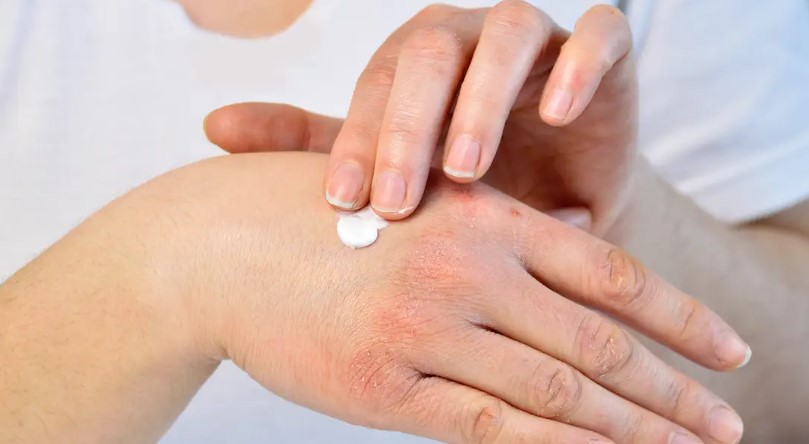Skin infections can be of any type but you should not avoid the symptoms. Your skin is the largest external organ in the human body that you should take care of. It protects your skin against the many potential external factors that can damage the internal organs of the body.
But sometimes, your skin can get infected itself, and here, you need to take a few steps to fight off such infections. Some tips can help to reduce the symptoms of skin infections. But if the symptoms are severe, make sure that you visit the doctor and get medical help as soon as possible.
The skin may get worse if you do not get the treatment at the right time. Experts from Bahria International Hospital of Lahore say that you can take over-the-counter medications if you are experiencing some mild symptoms of skin infection.
Let’s explore more about these skin infections and their types.
Skin infection and its types
Some skin can easily cause various symptoms. The following section can help to find out about these infections.
Viral skin infection
A virus can cause an infection which is known as a viral infection. Such skin infection ranges from mild to severe. There is a wide range of skin infections, such as chicken pox, hand or foot disease, mouth disease, shingles, warts, molluscum contagiosum, etc.
Bacterial skin infection
It may take time to notice bacterial skin infections because it brings on symptoms, like small bumps. People often ignore such symptoms that lead to other skin issues or even get worse after some time.
These red bumps increase slowly in size and your doctor may prescribe some topical antibiotics to treat these skin bumps. These may be large or small as it depends on the duration and severity of the bacterial infections. Some oral antibiotics can also be beneficial to deal with infections.
These skin infections include boils, Hansen’s disease, cellulitis, impetigo, etc.
Parasitic skin infections
There is some skin infection that may appear as a result of a parasite. Such infections can spread beyond the skin to the bloodstream and other body organs. It causes discomfort and you need to discuss it with the doctor to get the right treatment.
Parasitic skin infections include scabies, lice, bedbugs, and cutaneous larva migrans.
Symptoms of the skin infection
Skin infection symptoms vary as every infection causes different types of signs that you may experience. But some common symptoms can indicate that you have a skin infection, such as pain, itching, and tenderness.
Pus blisters may need proper treatment as they may not go away on their own. They can also spread beyond the skin or into your bloodstream. Some severe infections may include skin sloughing, breakdown, and skin that become discolored.
There are some risk factors that you should learn about.
Viral skin infection: Some common viruses can attack your skin and infect it such as poxvirus, herpes virus, and human papillomavirus.
Parasitic skin infection: Tiny insects can lay eggs under your skin which can lead to a parasitic skin infection.
Bacterial skin infection: when bacteria enter your body through a break in the skin, it causes bacterial skin. You must visit the doctors and get the proper treatment.
Fungal infection: body chemistry and lifestyle can lead to a high fungal infection risk. People with more foot sweating can get a fungal infection. It may grow in a warm and moist environment.
Treatment of skin infections
The treatment of the skin infection depends on the type and severity. Topical antibiotics or oral antibiotics can help to deal with skin infections. You can apply the topical antibiotic directly on your skin or as directed by your doctor.
Some OTC can help to deal with the symptoms of the skin. Make sure that you deal with such issues with proper treatment.
Some antifungal sprays are also good for your skin infections. Make sure that you follow health tips that can prevent the risk of skin infections. You can also apply a cold compress to your skin several times a day which can help to reduce the inflammation and also help reduce other pain.
People who experience itching due to some skin can also get help from topical creams or sprays that can deal with the symptoms of the infections on your skin.
Make sure that you frequently wash the skin as it reduces the chances of skin infection. You may experience symptoms from mild to severe.
Final Thought
Doctors can better help to find the best antibiotic cream or sprays to deal with skin infections. You should not go for the treatment on your own. Avoiding the symptoms can also lead to worsening conditions and may leave some scars on your skin.

